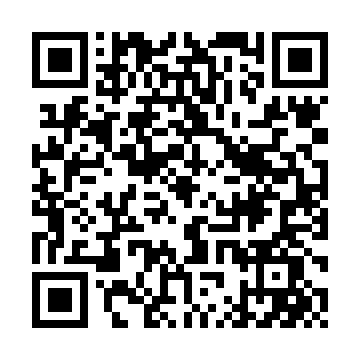
教授鑑定:4個錯誤的開會跡象
0:08
Software like Slack and other group messaging apps have cut back on the need for certain types of information-gathering meetings, or even brainstorming hours, but we haven’t been able to shake the in-person congregation entirely. We still need the conference table as a stand-in for the ancient ancestral hearth, and the opportunity to bond with each other. Rogelberg observes that as companies have become more democratic and structurally flat, meetings have come to be seen as more essential, not less.
0:36
Handily, the professor—who, it should be noted, also sells meeting-leading seminars as a consultant— offers some concrete, observable signs that you can use to gauge whether your meetings are going well.
0:48
During a meeting, for instance, if you’re doing all or most of the talking (something you can measure with a recorder), or if people are playing on their phones and holding side conversations (look around), you may have failed to create equal space for employees to share their thoughts and ideas. Another strong possibility: you may have invited too many people to the party, which allows the less-necessary folks to let their attention roam. Importantly, if your meetings are devoid of conflicting views, he adds, you may not have created psychological safety.
1:21
His advice: Your ego may not like it, but start holding an honest meeting quality assessment every three months, and never stop seeking feedback. Building self-awareness about your own meeting style and its deficiencies will make life better for everyone.
Vocabulary
brainstorming (n.)
group discussion to come up with ideas or problem solve
gauge (n.)
to determine the level of something
assessment (n.)
the process og judging a person or idea
feedback (n.)
info about other's reaction to something in order to make that thing better
導讀人:Riley Bilgo
擅於教授語言學相關知識,教學強項包括簡報、面試準備、聽力和寫作。
本文收錄於英語島English Island 2019年4月號
訂閱雜誌
| 加入Line好友 |  |

 擔心生理健康,心理卻出問題?
擔心生理健康,心理卻出問題?